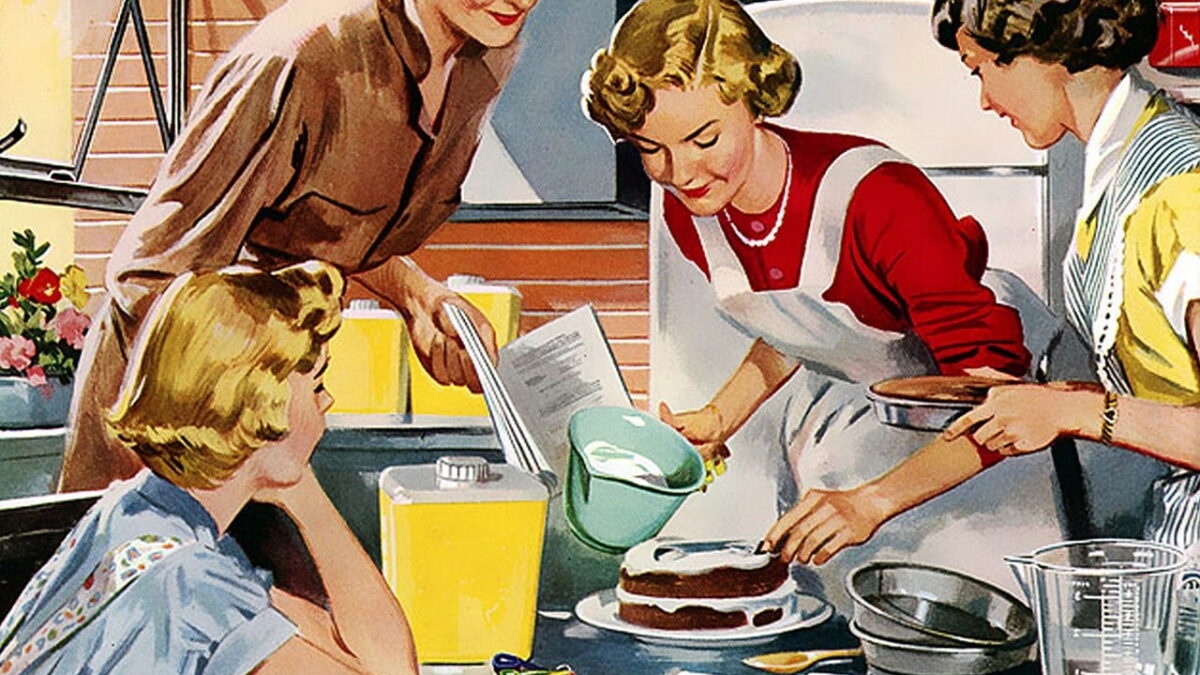
I try not to pay too much attention to Lena Dunham, because she’s kind of the highfalutin’ equivalent of someone who is famous for being famous—by which I mean that she has a television show that a lot of middlebrow intellectuals talk about, but which not many people actually watch.
Odell Beckham, Jr., a young football star who for some reason attended the Met Gala in New York City this year, apparently felt the same way, though probably not for the same reasons. He probably just didn’t know who she was or why she was attending a fancy dress-up gala wearing what looks like an ill-fitting busboy’s uniform. From what I can tell, looking frumpy but still insisting on being photographed naked is Lena Dunham’s shtick, but she can occasionally not look like the dog’s dinner. This year’s Met Gala was not one of those fortuitous moments.
At any rate, this set off an incident that is worth paying a little attention to because it’s a perfect example of the sort of thing we describe as “liberal condescension”—and it resulted in a surprising inside admission about the psychology of the “social justice” left.
In an interview, Dunham lamented that Beckham paid little attention to her—and then proceeded to project a whole lot of psychology into his head.
I was sitting next to Odell Beckham Jr., and it was so amazing because it was like he looked at me and he determined I was not the shape of a woman by his standards. He was like, ‘That’s a marshmallow. That’s a child. That’s a dog.’ It wasn’t mean—he just seemed confused.
The vibe was very much like, ‘Do I want to —- it? Is it wearing a…yep, it’s wearing a tuxedo. I’m going to go back to my cell phone.’ It was like we were forced to be together, and he literally was scrolling Instagram rather than have to look at a woman in a bow tie. I was like, ‘This should be called the Metropolitan Museum of Getting Rejected by Athletes.’
This interview, by the way, was supposedly Lena Dunham interviewing Amy Schumer. But that’s what you get with millennial celebrities: they can use an interview of somebody else as an opportunity to gaze into their own navels.
Obviously, young Mr. Beckham does not deserve this obloquy and is under no obligation to provide sexual attention to passive-aggressive women. What’s even more insulting is that she looked at him purely in that way: not as an athlete, not as a person, but as a kind of shallow, relentless sexual beast. His sin in this case is that he passed her by, but if you know much about the “social justice” feminists, you know that he probably wouldn’t have been treated any better if he had hit on her.
This, again, is part of Dunham’s professional shtick: she’s a well-off person privileged with a lot of inflated publicity who trots out tired feminist tropes to show what a victim she is. What’s new this time is that she got in trouble for it. After an avalanche of online criticism, she offered an apology that is at once oddly forthright and oddly backward.
https://www.instagram.com/p/BJ50WGnAZDk/
What earns this an entry in the Hall of Fame of Liberal Condescension is the way she apologizes to Beckham, not because she was wrong to impute shallow motives to someone she doesn’t even know, but because he’s black: “most importantly, I would never intentionally contribute to a long and often violent history of the over-sexualization of black male bodies—as well as false accusations by white women towards black men.” Pat the poor oppressed black man on the head. He’s not important as a person, but as a symbol.
I’ve observed that for a long time, the racial politics of the Left has consisted of white people accusing other white people—often other white leftists—of being racists. It’s a purely internal scramble for moral authority and self-congratulatory high ground, in which actual black people often seem quite incidental.
But what’s really remarkable about Dunham’s apology is the part that seems honest and introspective, where she shows that the internal drama begins much deeper inside.
Despite my moments of bravado, I struggle at industry events (and in life) with the sense that I don’t rep a certain standard of beauty and so when I show up to the Met Ball surrounded by models and swan-like actresses it’s hard not to feel like a sack of flaming garbage. This felt especially intense with a handsome athlete as my dinner companion and a bunch of women I was sure he’d rather be seated with. But I went ahead and projected these insecurities and made totally narcissistic assumptions about what he was thinking, then presented those assumptions as facts…. I see how unfair it is to ascribe misogynistic thoughts to someone I don’t know AT ALL.
She probably should have stopped there. And she might have benefited from taking this little bit of introspection seriously. None of what she just said is news to much of the outside world. It has been obvious to even the casual observer that her style—and the style of a great deal of modern feminism—is to take one’s own insecurities about one’s appearance or about one’s relationship with the opposite sex and to project them outward as over-arching social conditions in need of urgent political reform. It’s just kind of nice to hear one of them admit that this is what’s going on.
On the couch of any worthwhile therapist (I’m assuming there are a few), this would be the kind of breakthrough that vindicates years of therapy—and it would result in some substantive change in lifestyle and attitude. I’m pretty sure that’s not going to happen, and the racial take-back in the second half of the apology indicates this. Dunham is going to continue to project her insecurities onto others and impute misogynistic motives into other people’s heads. She’s just not going to do it to black men, because that would get her in trouble and tarnish her “social justice” credentials.
I almost feel sorry for someone like Dunham, who has taken on the modern Woody Allen role of the permanent neurotic who is always in therapy but never gets any better. But feeling sorry for her misses the point. The heavy toll exacted by the “social justice” ideology on its devotees is that its collectivist framework—everything is always the fault of “systemic oppression” and vast social forces beyond our control—takes the responsibility for improving one’s life out of one’s own hands.
The projection of one’s own insecurities onto others is annoyingly condescending, but it is also a form of learned helplessness.
Follow Robert on Twitter.









